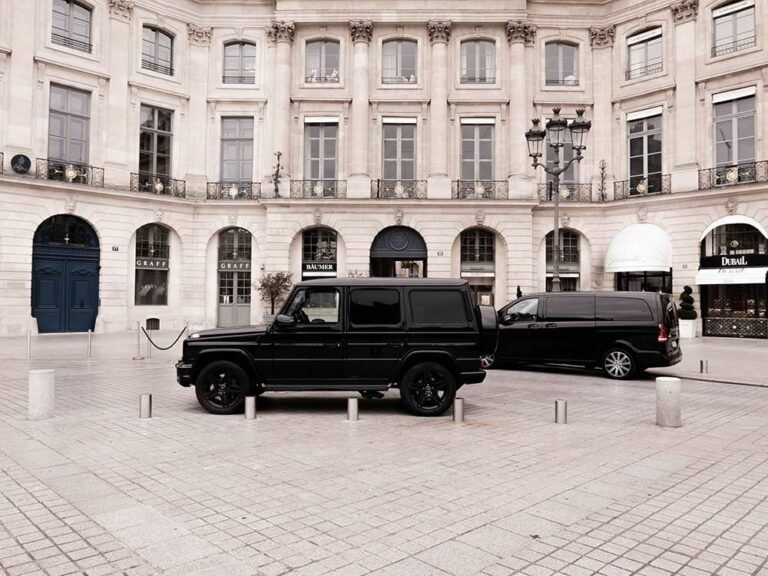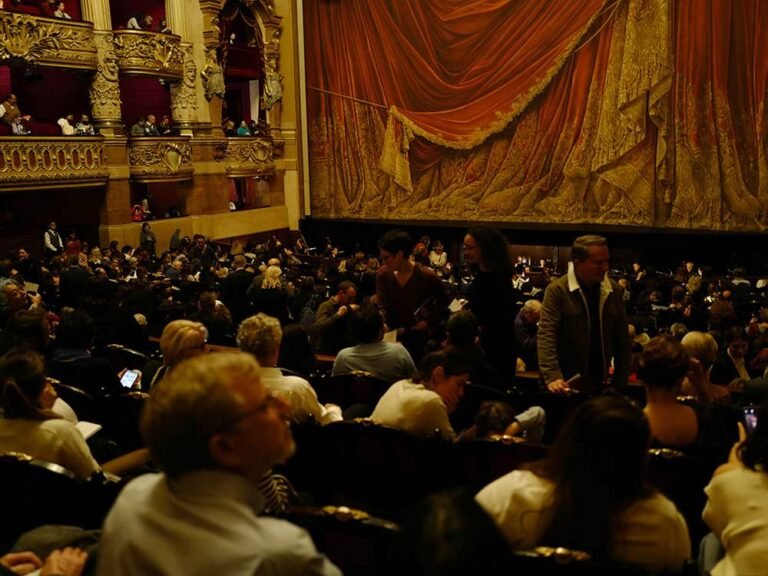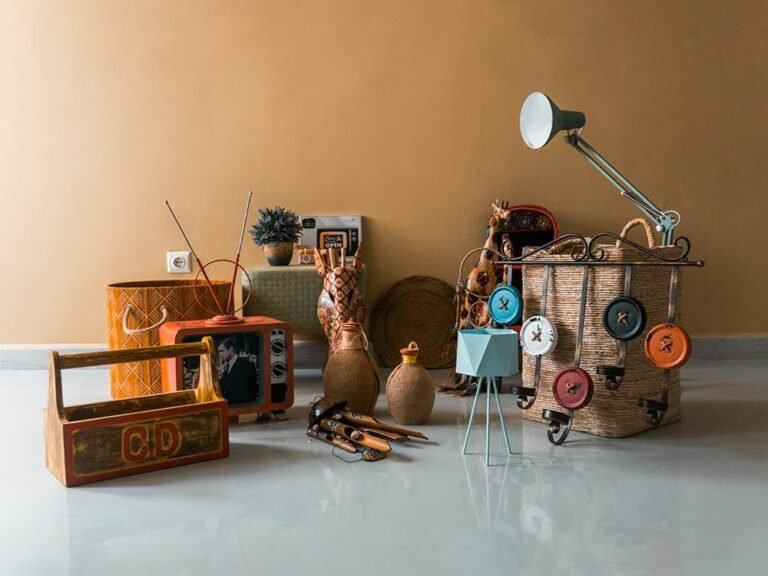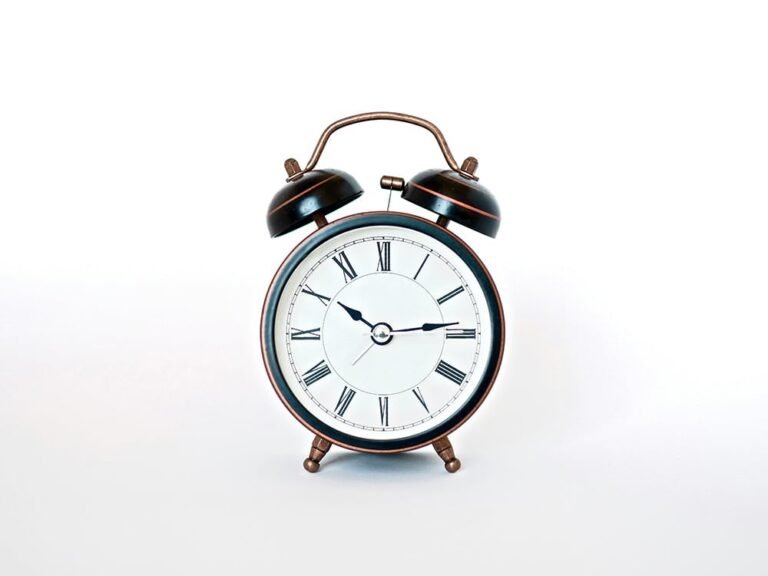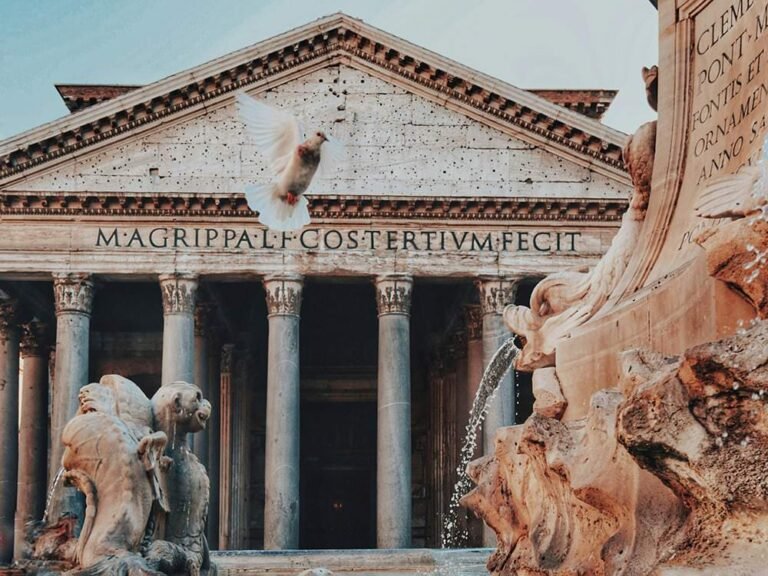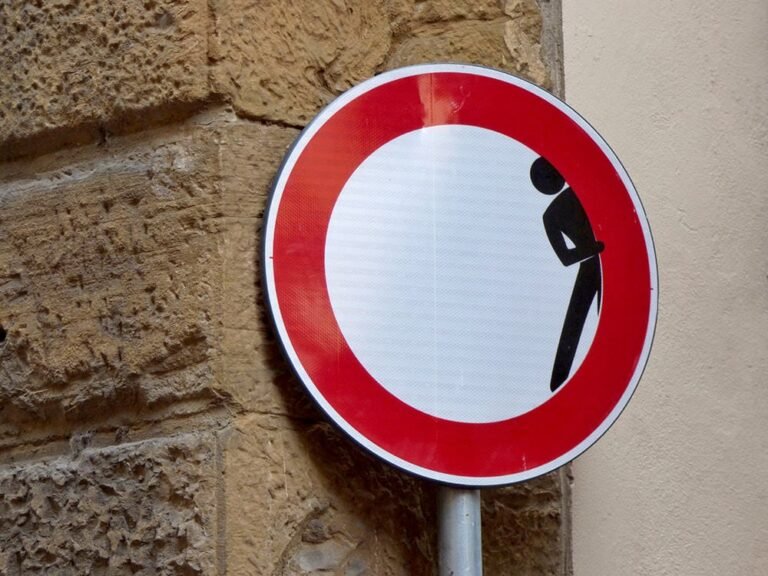place
There are many different ways to translate the English word “place” into French. Here are some words that can be used to mean “place” in French, along with examples of how to use them. un endroit – a place, a spot un lieu – a place une place – room, a space, a seat NOTE…
